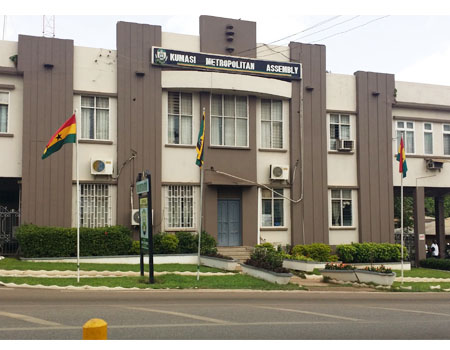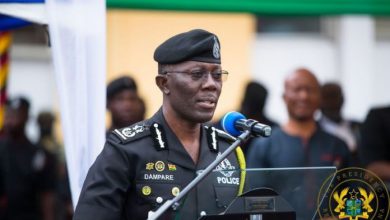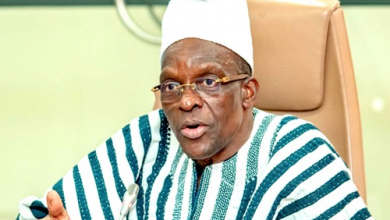KMA is determined to proceed with its prohibition of tricycle operations within the CBD

Despite discussions with the leadership of tricycle operators, the Kumasi Metropolitan Assembly (KMA) remains resolute in its decision to maintain restrictions on tricycle movement in specific areas of the Kumasi metropolis.
While the Assembly plans to engage further with the tricycle operators’ leadership to address concerns, the primary objective behind the directive remains a priority.
Over the past few days, city authorities have faced challenges enforcing the directive that limits tricycle movement in certain parts of the Central Business District (CBD).
In response to the tricycle operators’ protests, which included road blockades, Randy Wilson, the head of the transport department at the Kumasi Metropolitan Assembly (KMA), announced that the operators should present their grievances in writing for additional discussions.
He explained, “Based on discussions that have gone on today, we are hoping that the leadership of the tricycle association will go and speak with their members that they obey the rules that have been set. When they obey the rules and there are any infringements, anything that goes against their operations, they can write it down on paper and bring it to the assembly.”
Wilson added, “The mayor is there, the coordinating director is there. If they think the issues are not properly dealt with, they can send the letter to the complaints committee, and the complaints committee will sit on it. After that, we know that the general assembly will also look at the situation and take further decisions on it, but the first thing is for my brothers to obey the rule that has been set,” he stated.
Despite this, the Tricycle Operators’ leadership remains hesitant to accept the Assembly’s proposal and insists that restricting their operations is not a viable solution.
Dauda Amadi Ayamdago, Secretary of the Pragya Workers Association of Ghana, stated, “We have heard them right, but what we are not comfortable with is that they are asking us to accept the ban, and if there are any grievances, we can serve them a letter or meet them and discuss the issues.”
Ayamdago emphasized, “But the moment we accept that demarcation or boundary they are setting, it means we have obeyed them like that. It will not happen, and it will not benefit us. It means we are not going to operate any longer. So it is more or less they are banning tricycles in the CBD rather than us accepting the ban directive. We will go and consult our members, but they should reduce the boundaries,” he said.
Source – citinewsroom.com





